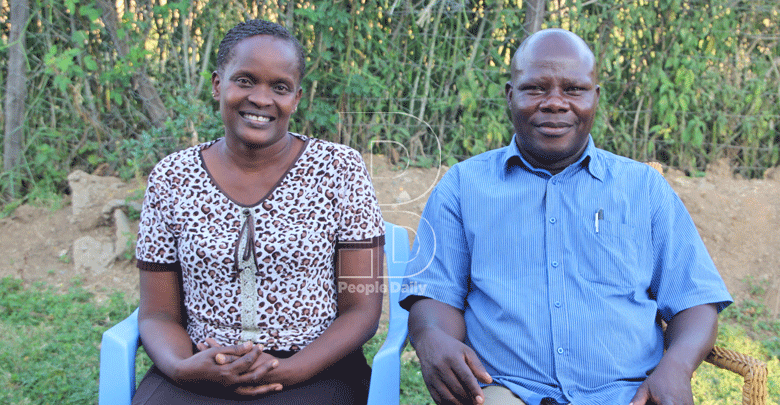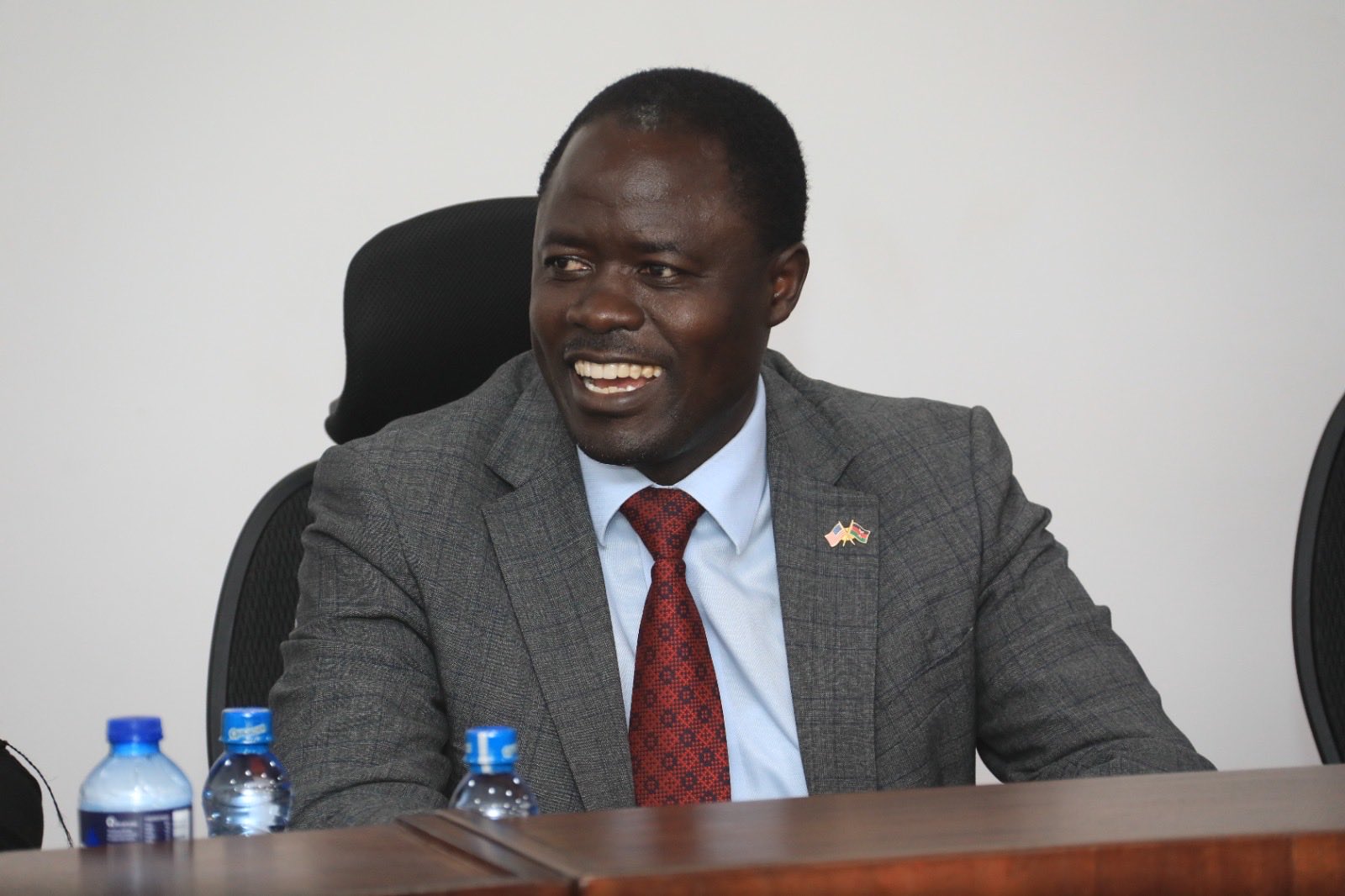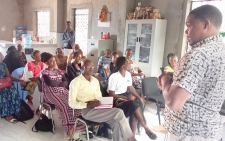Men break taboo to include spouses in wills

Harriet James @harriet86jim
From the time he was born, Job Odongo Ouko, a resident of Rang’ola village in Homa Bay county was raised to believe the man is the head of the home and that everything in it, including wife and children belong to him.
“When I’m dead, my wife is to be inherited by a man older than me, even my brothers. She has no say over it.
My brothers will decide just who will inherit her,” he explains. His wife too has no authority to own land, and being that he has one boy and four girls, should he pass away, his son and not daughters, will have a say on the land.
Having seen the effect of such attitudes in his community, Job wanted to learn more about land and women rights to create change, a process that saw him attend Kenya Legal and Ethical Issues Network (Kelin) training on Securing Your Family’s Future, where he learnt about writing wills and the place of a woman in the society.
Wills and title deeds
Kelin is a non-governmental organisation working on matters human rights, including HIV and TB, litigation, sexual reproductive heath and rights as well as women land and property rights.
The training focused on changing social norms on women land tenure, which has negatively been affected by the misapplication of culture resulting in violations around women land rights.
Job recalls watching the elder brother of a man in the village take away all his cattle and property after his death.
“He took everything plus the identity card thinking it had money. I then asked my wife, if this is what is happening to this woman, what would happen if I died?” he says.
He adds, “The land that I possess was under my name alone and I realised given prevailing customs and traditions, if I die, my wife will have difficulty claiming it.
So, I opted to go against customs and co-register the title deed with both my name and hers for easier succession for her and our children.”
Positive change
In the past, due to culture, Job would make decisions affecting the household without consulting his wife, but today, he never does anything without informing her.
He also discusses with her on saving for their children’s education and how their daughters too can be included in the inheritance and not just his son.
So far, his wife, Rose, a teacher, is enjoying the impact of the change she’s seen in him.
“In the past, I had no idea how much he made or how he spent it. He would come home with a new car, without telling me he had bought it and that would really hurt me.
I felt devalued,” she says. Just like many women in the community, Rose was afraid she would be disinherited of the land and properties her husband owned when he dies.
She was pleasantly surprised when Job said she is included in the will together with their daughters.
Embracing new ways
“I am happy that now my future and that of our daughters is secure should anything happen,” she adds.
Just like Job, Thomas Dulo from Oasi Ondiko ward in Kisumu county has opted to write a will and co-register his wife’s name in the title deeds.
“When I was growing up, my father owned land and my mum couldn’t talk about it. In our culture, a woman can’t own land, but we are now in the modern times and our thinking should be different from theirs,” he explains.
In the past, women owned property under polygamy, where their husband would allocate land to each wife, which she would share with her children.
When he died, the society would ensure the widow and her children were well taken care of and that no one would snatch their land.
However, nowadays, such traditions have been corrupted by greedy men who have sexualised the concept from taking care of your brother’s home and the continuity of the name to satisfy their greed, leaving widows and orphans with nothing.
“Under Act 45 of the Constitution, man and woman are equal before, during, and at dissolution of marriage either upon death or divorce.
One of the things that came out during the programme is continuity. For example, if I am Luo and my father is the man of the house and has the final say and has the right to own property; should he die, his property is taken over by his brothers.
Such things can’t be disputed because it is all I know. The norms perceived to be right are wrong.
Such customs are calling us to be proactive and take gender transformative steps towards property and land,” says Kennedy Otieno, an advocate with Kelin.
Having gone through disinheritance after the loss of his father, Felix Okal, an elder at Nyakach, is also taking charge in involving his wife in joint discussions and also includes his sons and daughters. He also ensures he addresses mourners or other gatherings on the issue to change the mindsets.
“Community members are now realising the significance of writing wills and co ownership of land.
Once or twie a week members come to seek for advice regarding wills and how they can ensure that women participate more in such affairs,” he says.












